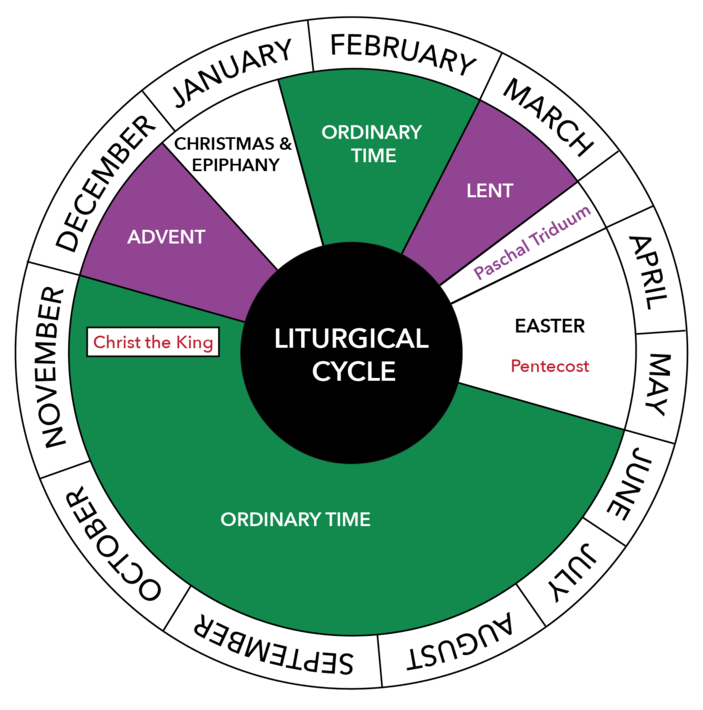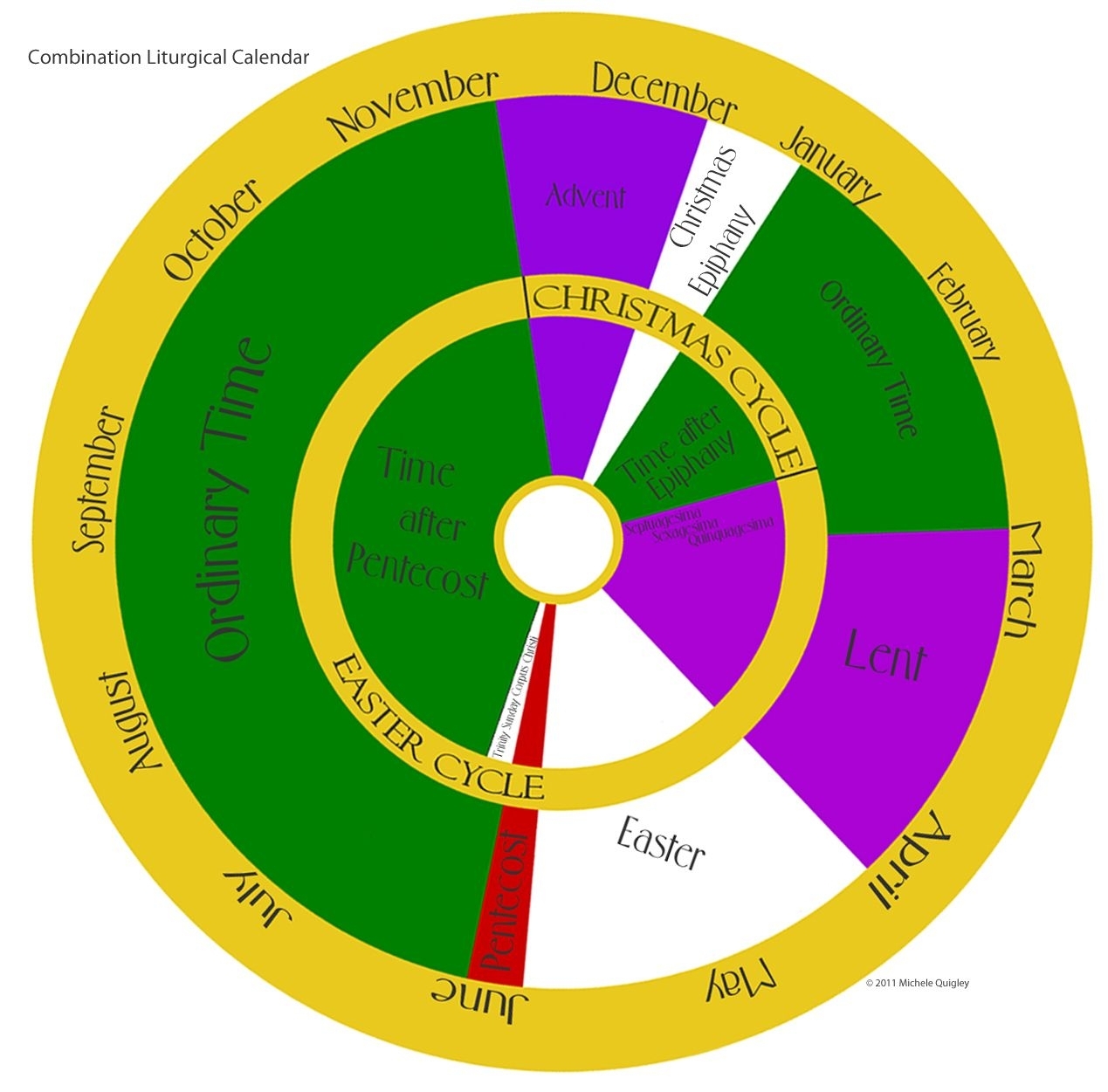Reference




OpenAI's Answer
The Lord's Day holds significant importance in the Bible's liturgical calendar. According to Revelation 1:10, "I was in the Spirit on the Lord's day, and I heard behind me a loud voice like a trumpet." This is the only mention of the Lord's Day in the Bible.
In the early Christian church, the Lord's Day referred to Sunday, the day of Christ's resurrection. The Didache, a church manual written in the early 2nd century, instructs believers to gather on the Lord's Day to break bread and give thanks (Didache 14:1). This practice was also attested to by Ignatius of Antioch in his letter to the Magnesians (Ignatius to the Magnesians 9:1).
The Lord's Day is distinct from the Jewish Sabbath, which was observed on Saturday. While the Sabbath commemorated God's rest on the seventh day of creation, the Lord's Day celebrates Christ's resurrection and the new creation (2 Corinthians 5:17).
In the liturgical calendar, the Lord's Day is a day of worship, fellowship, and celebration of Christ's victory over sin and death. It is a reminder of the promise of eternal life and the hope of resurrection for all believers.
Here is a visual representation of the Catholic Liturgical Calendar, which includes the Lord's Day:
[Image: https://www.goodcatholic.com/wp-content/uploads/2021/05/CatholicLiturgicalCalendar.png]
Additionally, here is an image of a printable liturgical calendar:
Sources:
- Bible Hub: The Lord's Day (https://biblehub.com/topical/t/the_lords_day.htm)
- Cornerstone Westford: The Lord's Day: Biblical, Historical, and Theological Foundations for Sunday Worship (https://www.cornerstonewestford.com/2019/07/24/the-lords-day-biblical-historical-and-theological-foundations-for-sunday-worship-by-terry-iles/)
- GotQuestions.org: What is the Lord's day? (https://www.gotquestions.org/Lords-day.html)
- eBible: In scripture, what does "The Lord's Day" mean? (https://ebible.com/questions/8743-in-scripture-what-does-the-lord-s-day-mean)
- Desiring God: Is There a "Lord's Day"? (https://www.desiringgod.org/messages/is-there-a-lords-day)
- Bible Gateway: The Lord's Day (https://www.biblegateway.com/resources/encyclopedia-of-the-bible/Lords-Day)
- Ligonier: Keeping the Lord's Day (https://www.ligonier.org/learn/devotionals/keeping-the-lords-day)
- USCCB: Celebrating the Lord's Day (https://www.usccb.org/resources/celebrating-lords-day)
- Bible Study Tools: Lord's Day (https://www.biblestudytools.com/encyclopedias/isbe/lords-day.html)
- Hermeneutics Stack Exchange: What is a biblically probable understanding of 'the Lord's day'? (https://hermeneutics.stackexchange.com/questions/36519/what-is-a-biblically-probable-understanding-of-the-lords-day)